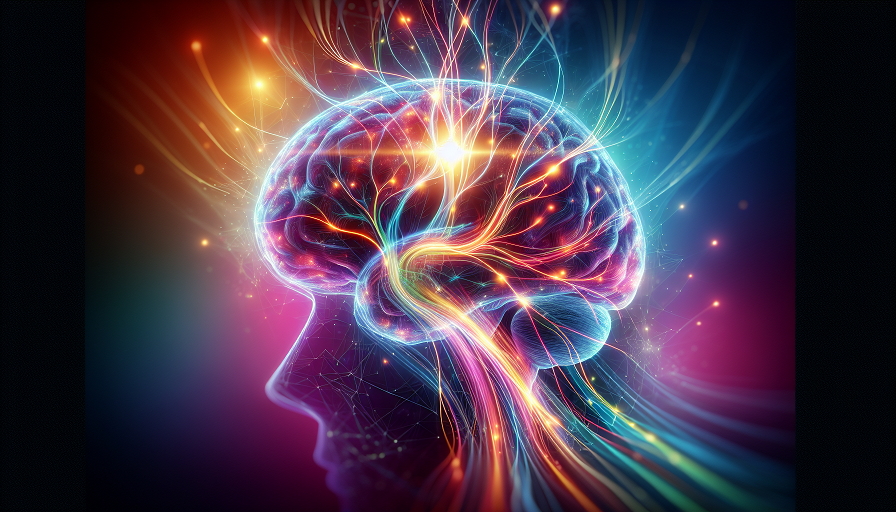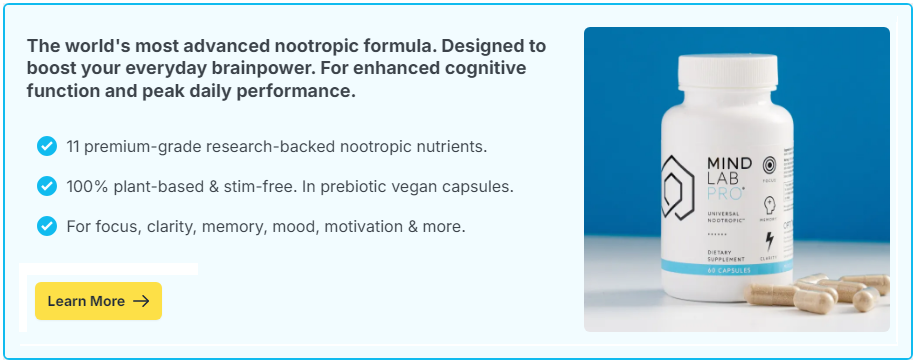
Ever had a “gut feeling” about something? Turns out, that phrase is more than just a saying—your gut and brain are deeply connected.
The gut-brain connection is a two-way communication system that affects everything from mood and memory to focus and mental clarity. Scientists now call the gut the “second brain” because of its powerful influence on neurological health.
Here are 6 fascinating ways your gut health impacts brain function—and what you can do to optimize both.
Contents
1. Your Gut Has Its Own Nervous System
Why it matters: The gut is home to the enteric nervous system (ENS), often called the “second brain.”
The science: The ENS contains over 100 million neurons that communicate directly with your brain via the vagus nerve.
What to do: Support your gut-brain axis by eating fiber-rich foods and reducing processed foods that cause inflammation.
2. Gut Bacteria Influence Your Mood
Why it matters: Your gut microbiome produces neurotransmitters like serotonin and dopamine, which regulate mood.
The science: Around 90% of serotonin—the “happiness chemical”—is produced in the gut.
What to do: Consume probiotic-rich foods like yogurt, sauerkraut, and kimchi to support healthy gut bacteria.
3. Leaky Gut Can Lead to Brain Fog
Why it matters: A weakened gut lining allows toxins and inflammatory compounds to enter the bloodstream, affecting brain function.
The science: Studies suggest that “leaky gut” is linked to increased inflammation in the brain, leading to brain fog and memory issues.
What to do: Eat anti-inflammatory foods like turmeric, leafy greens, and omega-3s to strengthen gut integrity.
4. Gut Inflammation Is Linked to Anxiety and Depression
Why it matters: Chronic gut inflammation disrupts the balance of neurotransmitters and stress hormones.
The science: Research shows that people with gut disorders like IBS have higher rates of anxiety and depression.
What to do: Reduce gut inflammation by avoiding artificial sweeteners, processed foods, and excessive alcohol.
5. The Microbiome Affects Learning and Memory
Why it matters: A diverse gut microbiome is linked to better cognitive function.
The science: Animal studies suggest that gut bacteria influence neuroplasticity, the brain’s ability to form new connections.
What to do: Diversify your gut bacteria by eating a variety of whole foods, including fruits, vegetables, and fermented products.
6. Stress Can Disrupt the Gut-Brain Connection
Why it matters: Chronic stress weakens gut health and increases inflammation.
The science: High cortisol levels alter gut microbiota composition, leading to digestive and cognitive issues.
What to do: Manage stress through meditation, deep breathing, and exercise to support both your gut and brain.
Interested in more brain health listicles? Go HERE

